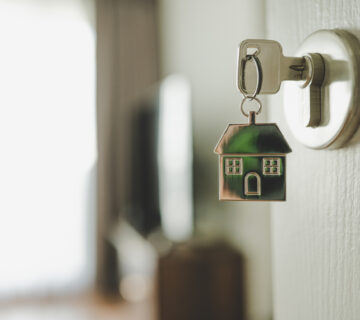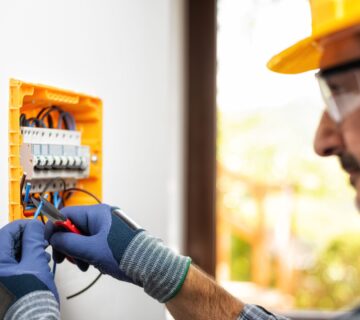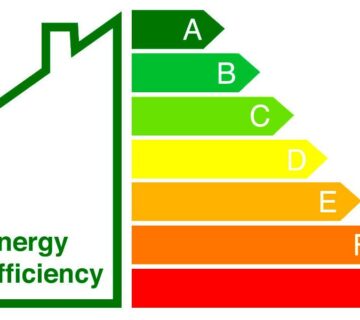As a responsible landlord, ensuring the safety of your tenants should be a top priority. One critical aspect of maintaining a safe living environment is conducting regular gas safety checks. Gas appliances, if not properly maintained, can pose serious risks such as carbon monoxide leaks and gas explosions. This guide aims to provide landlords with comprehensive insights into the importance of gas safety checks, the legal obligations surrounding them, and practical steps to ensure compliance.
The Importance of Regular Gas Safety Checks:
Tenant Safety: The primary reason for conducting regular gas safety checks is to protect the well-being of your tenants. Gas appliances, including boilers, heaters, and ovens, can develop faults over time, leading to potential hazards. Regular inspections help identify issues before they escalate, ensuring a safe living environment.
Legal Compliance: In many countries, landlords are legally obligated to conduct annual gas safety checks. Failure to comply with these regulations can result in severe penalties, including fines and imprisonment. By staying proactive and conducting regular inspections, landlords not only prioritise safety but also fulfil their legal responsibilities.
Insurance Requirements: Some insurance policies require landlords to conduct annual gas safety checks. Neglecting these inspections may result in voided insurance coverage, leaving landlords financially vulnerable in the event of accidents or damage caused by gas-related issues.
Legal Requirements for Gas Safety Checks:
Annual Inspections: Landlords are required to arrange for an annual gas safety check by a Gas Safe registered engineer. This ensures that all gas appliances and flues are in a safe and working condition.
Keeping Records: Landlords must keep records of gas safety checks for at least two years. These records should include details such as the date of the inspection, the engineer’s Gas Safe registration number, and any issues identified and resolved.
Providing Certificates: Landlords are required to provide tenants with a copy of the Gas Safety Certificate within 28 days of the inspection. New tenants should receive the certificate before moving in, while existing tenants should receive it within 28 days of the annual check.
Ensuring Compliance:
Hire a Gas Safe Registered Engineer: Only Gas Safe registered engineers are qualified to conduct gas safety checks. Ensure that the engineer’s registration is up to date and that they have the necessary expertise.
Schedule Regular Inspections: Set up a system to remind you to schedule annual gas safety checks. Consider arranging inspections during periods of tenant turnover to minimise disruption.
Educate Tenants: Inform tenants about the importance of gas safety and provide guidance on recognising potential gas-related issues. Encourage them to report any concerns promptly.
Gas Safety Inspection Checklist:
Boiler: Check for signs of corrosion, leaks, or unusual noises. Ensure the flue is clear and properly connected.
Gas Appliances: Inspect all gas appliances, including stoves, ovens, and heaters, for proper functioning, gas leaks, and ventilation.
Ventilation: Confirm that all ventilation openings are clear to prevent the build-up of carbon monoxide.
Pipework: Inspect gas pipework for leaks, corrosion, and proper labelling. Ensure it is well-maintained and free from damage.
Carbon Monoxide Alarms: Check that carbon monoxide alarms are installed in appropriate locations and are in good working condition.
By prioritising regular gas safety checks, landlords not only protect their tenants but also demonstrate a commitment to legal compliance and responsible property management. Remember, safety is a shared responsibility, and a proactive approach to gas safety is a key element of being a conscientious landlord.
Landlords assist are on hand to help you become compliant all under one roof. Get in touch today at info@landlordsassist.com and have peace of mind that your property/s are compliant.



